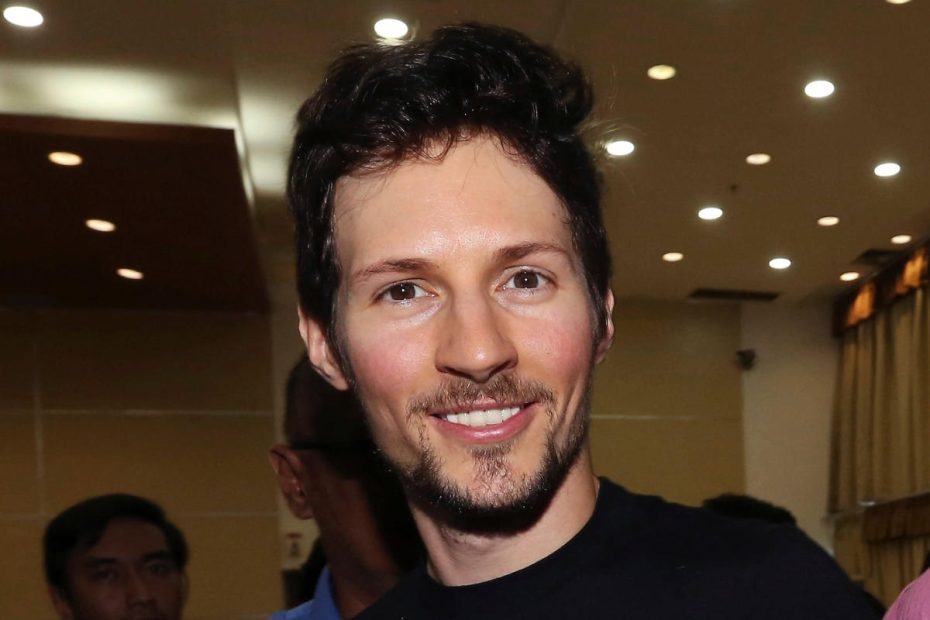PARIS (AP) — A French investigating judge has extended the detention of the CEO of the popular messaging app Telegram, Pavel Durov, prosecutors said Tuesday.
Durov was arrested at Le Bourget airport on Saturday as part of a judicial investigation opened last month into 12 alleged criminal offences. They include complicity in the sale of child abuse material and drug trafficking, fraud, complicity in organised crime transactions and refusing to share information or documents with investigators when required to do so by law.
A statement from the Paris prosecutor's office said Durov's police custody was extended Monday night for up to 48 hours, after which authorities must release him or charge him, the prosecutor's office said in an earlier statement.
Durov is a citizen of Russia, France, the United Arab Emirates and the Caribbean island nation of St. Kitts and Nevis.
Russian officials have expressed outrage over his arrest, with some calling it politically motivated and evidence of the West’s double standards on freedom of speech. The protest has raised eyebrows among Kremlin critics, as Russian authorities themselves tried to block Telegram in 2018 but failed, repealing the ban in 2020.
French President Emmanuel Macron said Monday that Durov's arrest was not a political move but part of an independent investigation. Macron posted on X that his country is “deeply committed” to freedom of expression, but that “freedoms are upheld within a legal framework, both on social media and in real life, to protect citizens and respect their fundamental rights.”
The UAE Foreign Ministry said Tuesday it was “closely following” the case and had asked France to “urgently provide all necessary consular services” to Durov.
The Russian embassy in Paris said consular officials were denied access to Durov because French authorities consider his French nationality to be his primary nationality.
Telegram, which claims to have nearly a billion users worldwide, was founded by Durov and his brother after he himself came under pressure from Russian authorities.
In 2013, he sold his stake in VKontakte, a popular Russian social networking site he launched in 2006.
The company came under pressure when the Russian government took measures following the massive pro-democracy protests that rocked Moscow in late 2011 and 2012.
Durov said authorities demanded that the site shut down online communities of Russian opposition activists. Later, the site also handed over personal data of users who participated in the 2013 uprising in Ukraine that eventually led to the ouster of a pro-Kremlin president.
Durov said in a recent interview that he had rejected these demands and left the country.
The protests prompted Russian authorities to clamp down on the digital world. Telegram and its pro-privacy rhetoric offered Russians a convenient way to communicate and share news.
Telegram is still a popular news source in Ukraine, too. Both media and officials use it to share information about the war and to issue warnings about missiles and airstrikes.
In a statement posted on its platform after his arrest, Telegram said it complies with EU law and that its moderation “falls within industry standards and is continuously improving.”
“It is absurd to claim that a platform or its owner is responsible for the misuse of that platform,” Telegram's message read. “Almost a billion users worldwide use Telegram as a means of communication and as a source of essential information. We are waiting for a quick resolution of this situation. Telegram is with you all.”
Western governments have often criticized Telegram for its lack of content moderation, which experts say could allow the messaging platform to be used for money laundering, drug trafficking and sharing material related to the sexual exploitation of minors.
In 2022, Germany fined Telegram operators $5 million for failing to establish a legal way to report illegal content or name an entity in Germany to receive official communications, both of which are required under German laws regulating major online platforms.

